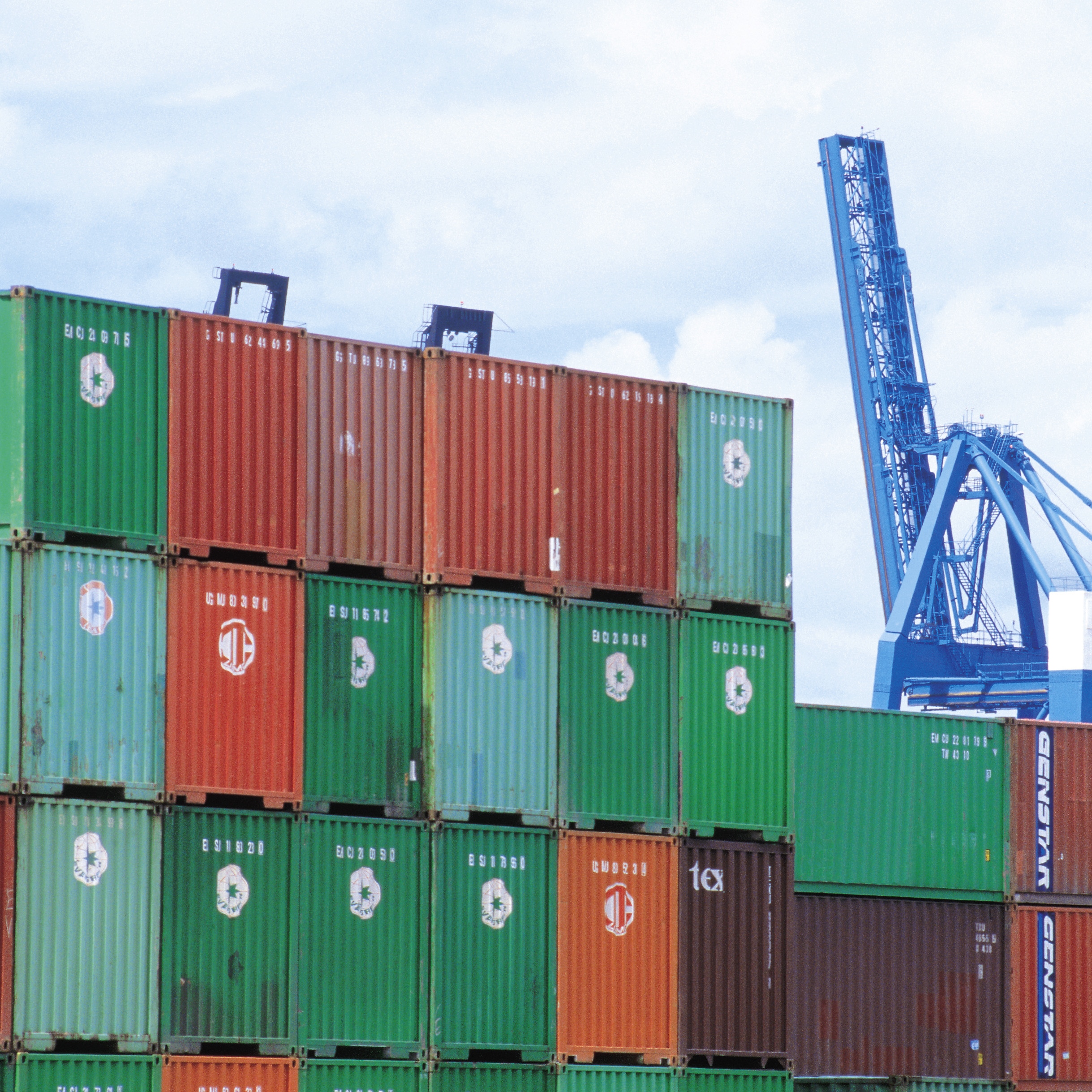Economy
Even Agriculture and Food Exports to China Are Hitting the Brakes

Published:
Last Updated:

Things are bad enough in China that even food exports to the world’s most populous nation are slowing. The U.S. Department of Agriculture (USDA) has released a new report that projects China’s impacts of a slowing trade and agriculture growth.
China’s impact on slowing growth on trade and agriculture was seen lower in 2015 by 13%, or $4 billion, with an even larger drop expected in 2016. Keep in mind that China accounts for about one-sixth of U.S. agricultural discounts.
China’s economic prosperity and increased food demand of the past two decades or so significantly contributed to the record growth in U.S. agricultural exports. To prove the point:
From fiscal year 2000 to fiscal 2015, the value of U.S. agricultural and related exports to China rose from $1.7 to $25.9 billion dollars — with nearly 17% of all U.S. agricultural exports destined for the Chinese market.
Traditionally, U.S. exports to China were dominated by land-intensive bulk commodities, which were then processed for domestic consumption or re-exported. The USDA noted that recent increases in Chinese consumer purchasing power and improved standards of living have generated new demand for luxury items and ready-to-eat foods.
The USDA’s forecast and review said:
China’s economic slowdown, subsequent reforms, and recent decline in U.S. exports to China have raised legitimate concerns among agricultural stakeholders about the potential impact to U.S. exports in the near and distant future. China’s Gross Domestic Product (GDP) growth is projected to drop to 6.1% in 2016, their lowest level since 1990.
Moreover, China is pursuing a variety of economic and regulatory policies that promote agricultural self-sufficiency and protect domestic industries.
Finally, whether directly or indirectly triggered by the recent economic slowdowns in China, a majority of U.S. agricultural exporters have experienced severe decreases in sales to the region over the last year.
Maybe filling up the bellies in China will be as elusive as how to fill up all of those empty cities that were built.
Finding a qualified financial advisor doesn’t have to be hard. SmartAsset’s free tool matches you with up to 3 fiduciary financial advisors in your area in 5 minutes. Each advisor has been vetted by SmartAsset and is held to a fiduciary standard to act in your best interests. If you’re ready to be matched with local advisors that can help you achieve your financial goals, get started now.
Thank you for reading! Have some feedback for us?
Contact the 24/7 Wall St. editorial team.